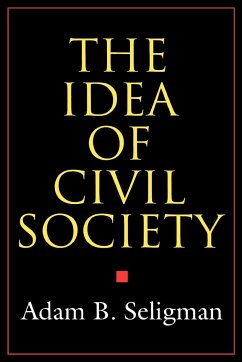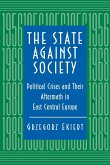As the countries of East-Central Europe struggle to create liberal democracy and the United States and other Western nations attempt to rediscover their own tarnished civil institutions, Adam Seligman identifies the neglect of the idea of "civil society" as a central concern common to both cultures today. Two centuries after its origins in the Enlightenment, the idea of civil society is being revived to provide an answer to the question of how individuals can pursue their own interests while preserving the greater good of society and, similarly, how society can advance the interests of the individuals who comprise it. However, as Seligman shows, the erosion of the very moral beliefs and philosophical assumptions upon which the idea of civil society was founded makes its revival much more difficult than is generally recognized.
One of the merits of Adam Seligman's wide-ranging, probing, and deeply reflective inquiry into the history and uses of the idea of civil society is that it is concerned explicitly with identifying the ambiguities in its applications to contemporary societies . . . In one aspect Mr. "Seligman's book is an exploration of the idea of civil society in all its contemporary and historical ironies and ambiguities, one that is richly learned and subtly reasoned. In another it is a question mark over the very idea of a civil society.








